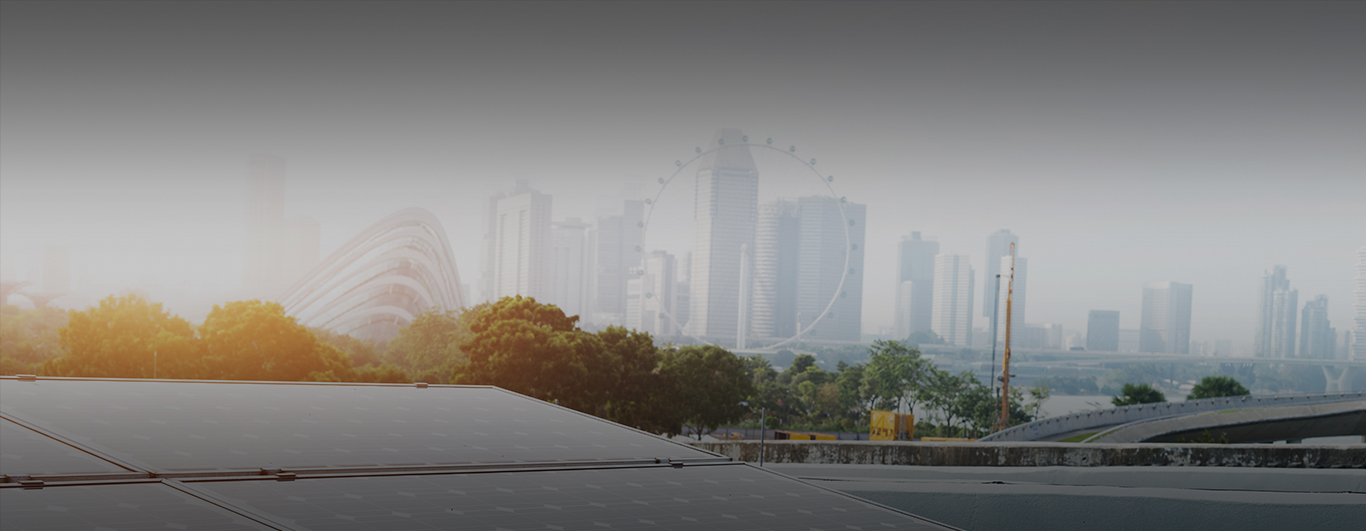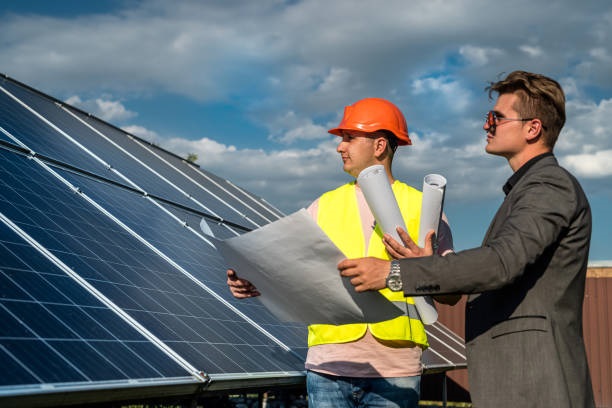Solar panels rely on sunlight to generate electricity through the photovoltaic effect, which converts sunlight into electrical energy. During the day, when there is sunlight, solar panels can produce electricity.
DO SOLAR PANELS WORK BETTER AT NIGHT TIME?
Solar panels are designed to convert sunlight into electricity, and they cannot generate power in the absence of sunlight. At night, when the sun is not shining on the solar panels, they do not produce any electricity.
Solar panels are most effective during the daytime when they receive direct sunlight. Factors such as the angle of the sun, weather conditions, and shading can also impact the efficiency of solar panels. However, the fundamental requirement for solar panels to generate electricity is the presence of sunlight, and they are not designed to operate in the dark.
5 Ways to Get the Most Out of Your Solar Panel:
1. Proper Installation and Placement:
Ensure that your solar panels are installed by certified professionals who follow best practices. Proper installation is crucial for efficiency. Place the panels in a location with maximum sunlight exposure, avoiding shading from trees, buildings, or other obstructions. Optimal positioning can significantly improve energy generation.
2. Regular Maintenance and Cleaning:
Keep your solar panels clean to prevent dirt, dust, and debris from reducing their efficiency. Regularly clean the surface of the panels with water and a soft brush. Schedule periodic professional inspections to identify any issues early on. Prompt maintenance can extend the lifespan of your solar panels.
3. Use-Energy Efficient Appliances:
Invest in energy-efficient appliances and lighting to reduce overall electricity consumption. This can help you make the most of the solar energy your panels generate. Consider upgrading to energy-efficient LED lights, smart thermostats, and other devices to further enhance your home’s energy efficiency.
4. Install a Battery Storage System:
Incorporate a battery storage system to store excess energy generated during the day for use during periods of low sunlight or at night. This allows you to maximize self-consumption and reduce reliance on the grid.
5. Monitor Energy Usage and Performance:
Install a monitoring system to keep track of your energy production and consumption. Many solar installations come with monitoring tools that provide real-time data on system performance. Use this information to identify trends, optimize energy usage habits, and address any issues promptly. Monitoring allows you to stay informed and proactive in managing your solar system. For more info: You can Visit: Contact

